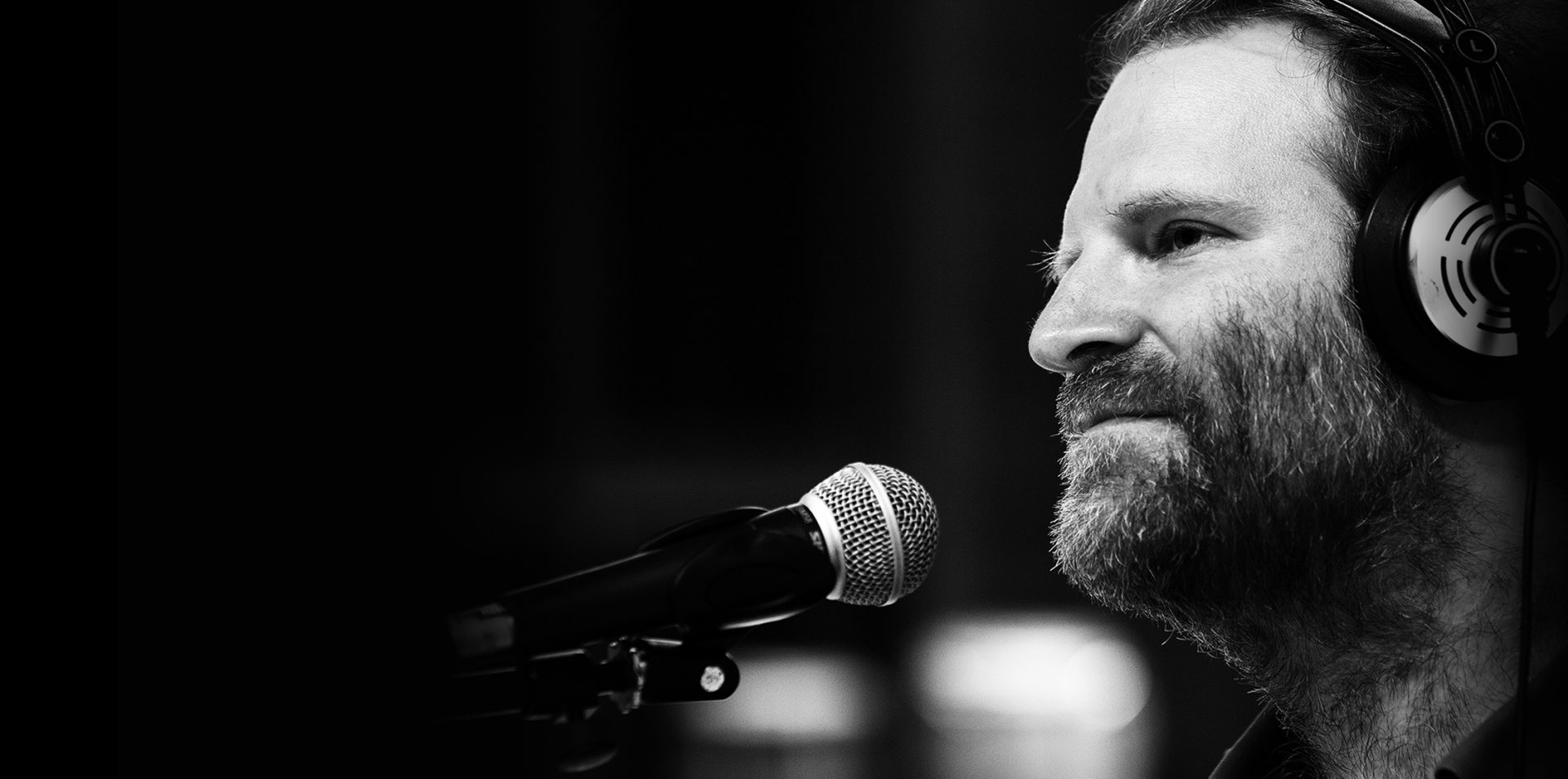Every Brazilian is a musician because music is an expression of social interaction and communication among people. Caetano Veloso wote a song about it (Love, Love, Love).
I grew up listening to people sing and play in all environments, places and moments and this continues in my adult life as a pediatrician.
The socalled Golden Age of Brazilian radio familiarized the country with other languages:
- Italian (the language in which classical and fine music terms are taught).
- French (at least untill the Second World War, the language is employed by many authors, such as Noel Rosa (1910-1937) and Wilson Baptista (1913-1968).
- English (especially after World War II and the subsequent boom in the North American and European phonographic industry).
- Spanish (due to geographical proximity).
No Brazilian is more of a musician than João Gilberto (1931-2019). A nationalist, during his concerts he would remember anthems sung in elementary schools:
Bandeira do Brasil, ninguém te manchará
Teu povo varonil isso não consentiráBrazilian flag, no one shall stain you
Your virile people will not allow it
As a music composer, I have ventured into interpreting other people’s songs, often in other languages, through the musical lens and linguistic accent of the Brazilian culture and its jeitinho (its unique way, its unique fashion), which was described by Carmen Miranda (1909-1955) in a song as our “South American Way”.
Some of my work have included a few music covers: Ta Shemá, the DVD A Lente Do Homem, Mané Mandou, As Luas De Marte (with Luiz Brasil) and Um Lado Meu Que Você Não Conhece, to which I invited Dori Caymmi so he could show the audience what he does backstage: amazing guitar arrangements and that voice that no one’s ever heard, which he says makes everyone cry.
I have devoted entire projects to Brazilian and North American setlists. Among these projects that was done in order to, as Tom Zé proposes, “explain to confuse”, some carried similar names: Someone Like You, Como Tu Ninguém, Somebody Like Me.
Following the music tradition don-juanism spread by João Gilberto, Wilson Baptista, Paulo César Pinheiro, Caetano Veloso and Danilo Caymmi, I have counted on multiple partners to put together these projects: Forrós Pé De Serra (with Germano Mathias), Trip The Light Fantastic (with Brazilian seven string guitarist Swami Jr and American seven string electric guitarist Howard Alden), Buckskin (with Bucky Pizzarelli), Something Old And New and Announcer’s Test (both with Ken Peplowski).
I have also worked on projects devoted to Jewish music (Frum; Rezar Pode, É Do Prazer and Ore-me Fé, Efêmero), tributes to Germano Mathias, Caetano Veloso and Brian Gari (Eddie Cantor’s grandson), who has penned about a thousand songs.
Working as a doctor has allowed me to meet many people in different regions of Brazil, and others as a researcher abroad. My research activities concentrate mostly on virology, vaccines and indigenous health.
I have been to places hardly visited outside of indigenous coumminites which is why I am not convinced of the commonplace argument, quoting “Lugar Comum”, mening “commonplace” in Portuguese, by Gilberto Gil and João Donato (1934-2023), who mock patriotic utopia and the idea that a “universal language” of music exist.
To be accurate, João Donato comes from the Brazilian Province of Acre – which was almost part of Bolivia. My professional development as a doctor has allowed me to turn the fear of making mistakes into confidence to deal with the unknown – because of this, I now feel ready to explore my creativity in ever expanding ways.

